Compost is like gold for your garden. It is free and the nutrients it provides will help your vegetables grow and mature very successfully. Wouldn’t you love to learn how to make compost from weeds? I know I do: I’d rather use the weeds to my benefit than them ruining my garden 😉
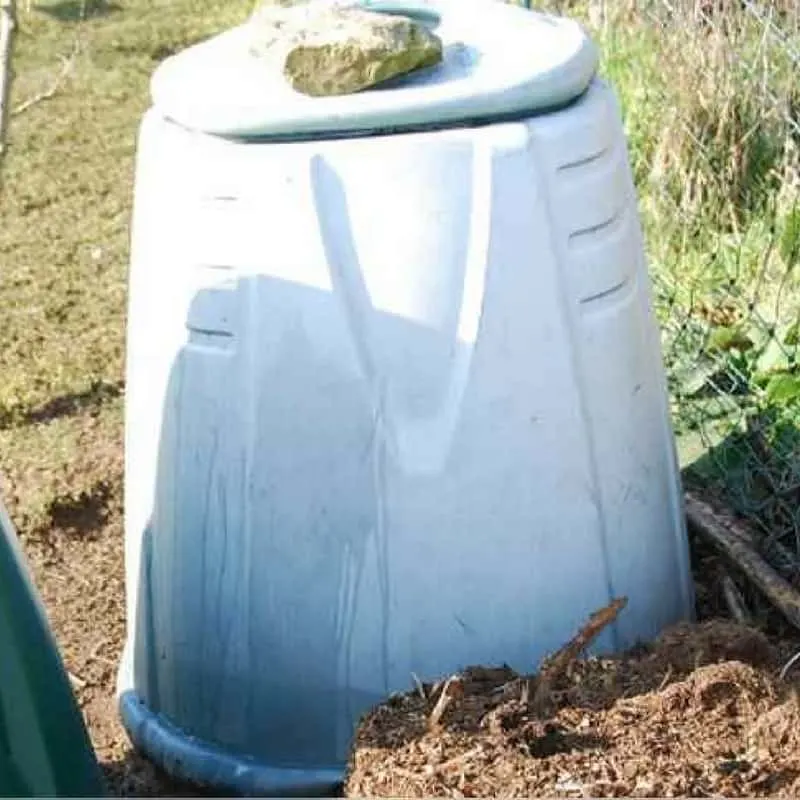
Learning how to make compost is a skill that will come in handy, both to get rid of waste and trash from the garden and kitchen, and as a free soil improver.
Learn more about composting:
What Is Compost?
The name compost comes from the word ‘decompose’. Any area or container that has rotting waste from your garden or kitchen is compost.
Even though any heap of rotting vegetation can be called a compost heap, there are a few things you need to look at before starting your own composting area.
So why do we need compost and what does it do?
The compost looks like very dark soil. We use it as both food for the soil and as a soil improver. It has the effect of breaking down clay soil, as well as adding body to sandy soils. And the nutrients contained make an ideal growing bed for vegetables.
Another benefit of using homemade compost is that the plants that grow in it are often more resistant to diseases, and will usually outperform plants grown in bought potting compost.
It is a natural process for living things to decompose. At the end of their life-cycle plants will fall to the ground to add their locked-up nutrients back to the soil. When we make compost we simply harness this process and choose where to distribute the resulting conditioner.
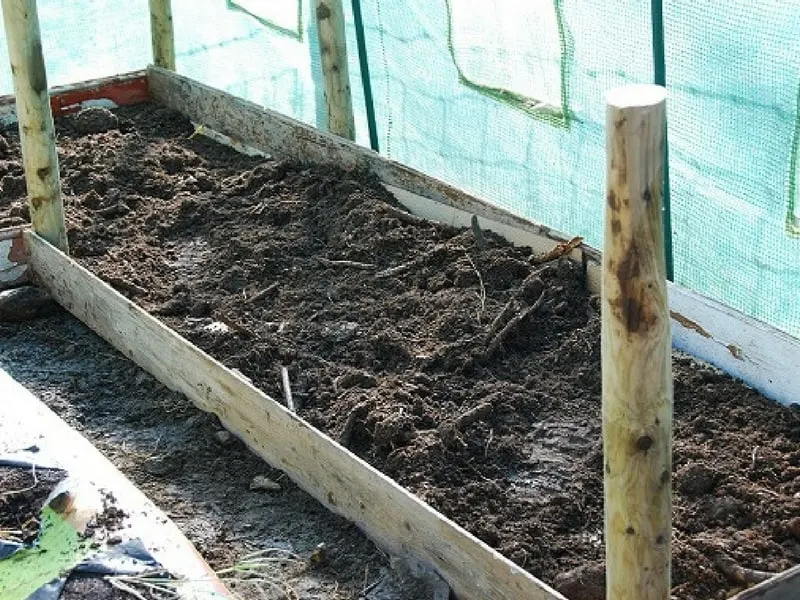
While kitchen waste is wonderful for composting, I would limit it to the wormery only; otherwise, you could encourage rodents to the composting area of your garden. The vegetable garden wormery makes use of these workers to turn your kitchen waste into a liquid fertilizer and a rich soil additive.
Get the garden of your dreams with this Compost and Wormery Guide!: Includes other hints and tips on how to lower your carbon footprint Worms and Wormeries: Composting Your Kitchen Waste….and More!
Worms and Wormeries: Composting Your Kitchen Waste….and More! How to Make a Wormery (Dingles Leveled Readers – Nonfiction)
How to Make a Wormery (Dingles Leveled Readers – Nonfiction)
How To Make Compost From Weeds
Have you ever thrown weeds into your compost pile just to see them take root and thrive? Some weeds take advantage of the nutrients they find there, and if you are not careful your compost area could become a haven for unwanted weeds.
The plants that you should avoid adding to your compost are:
- tap root plants (such as dock and dandelion)
- rhizome root plants (such as couch grass and creeping buttercup)
- tuber plants (such as potatoes)
If you add these types of plants (even the smallest root) you’ll be amazed at how quickly they can grow.
You can still use these to enrich your compost pile, but they need a special “treatment” before you add them in. You need to weigh them down in a bucket of water for 2 weeks to drown them. This should kill them, allowing them to be added to the compost bin.
What composting bins to use
You don’t need to spend a lot of money making your compost. A simple plastic bin available at your local store (or from Amazon) will suffice.
These conical compost bins are ideal for what we would call the cold method of composting, and as long as you follow the simple rules about destroying problem weeds, this method is an effective, but slow way of producing a good quality soil improver.
Many would consider this home production of compost and dealing with waste as an organic way of gardening, but unless you follow some strict rules on producing organic compost, it can’t really be termed as organic.
We rather refer to this approach of producing our own compost as holistic, green, or natural vegetable gardening.
What does a compost heap need to work?
The process of composting needs moisture and oxygen and the cold method that most people use restricts these essential requirements. This lengthens the time needed for the process to complete.
However, if the heap is mixed, watered, and regularly turned, you will find that it will heat up. This is because microbes thrive with the moisture and oxygen available. And because there is an abundance of food, they multiply very quickly and produce a lot of heat.
This is called hot composting, and by following a simple recipe you can turn waste into compost within 12 weeks.
To shorten the time even more you could use a tumbler or rotating composter, this system makes turning the mixture easy, ensuring that moisture and air are well incorporated into the compost, allowing the bacteria to deal with the waste very quickly.
Some manufacturers of these rotating bins claim to be able to produce compost in 3 weeks. But in practice, it is a bit longer.
Another easy way to get rid of garden or kitchen waste is trench composting, a method that we usually reserve for growing runner beans.
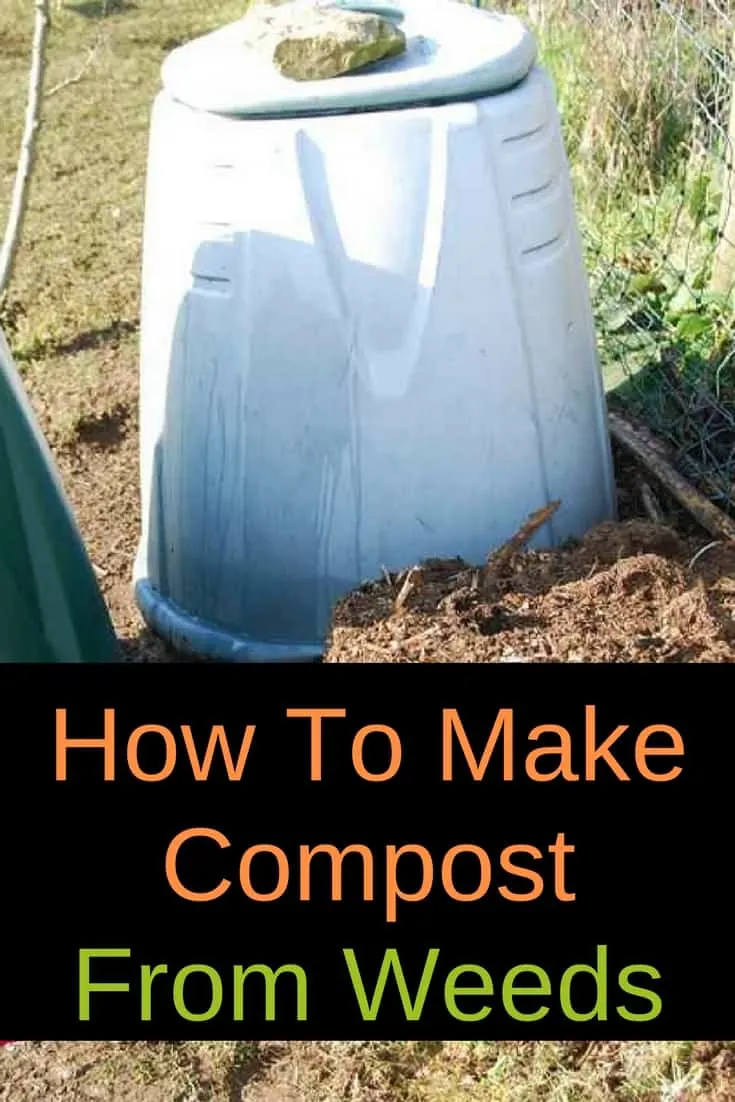

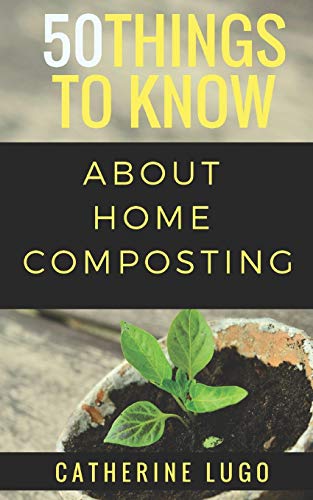
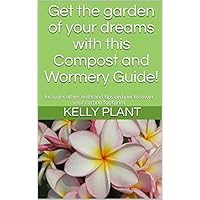
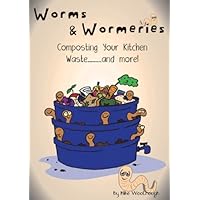

How To Compost Wood Chips Fast
Tuesday 14th of February 2023
[…] How to make compost from weeds […]
How To Make Organic Compost At Home For Better Vegetables
Friday 30th of October 2020
[…] your own compost will give you control over your compost pile. And whether you make hot or cold compost, you will need to be careful of what you put in your compost […]
Trench Composting For Garden Success
Thursday 25th of July 2019
[…] Here are some other methods of composting, as well as tips on building a wormery and creating organic compost. […]
How To Make Compost For Your Garden And Enjoy A Bountiful Harvest
Friday 21st of September 2018
[…] Here are some more tips for making your own compost from weeds. […]
How To Grow Wisteria ~
Monday 2nd of April 2018
[…] Good, rich garden soil is best. If the soil is hard and clayey, mix in some compost. […]